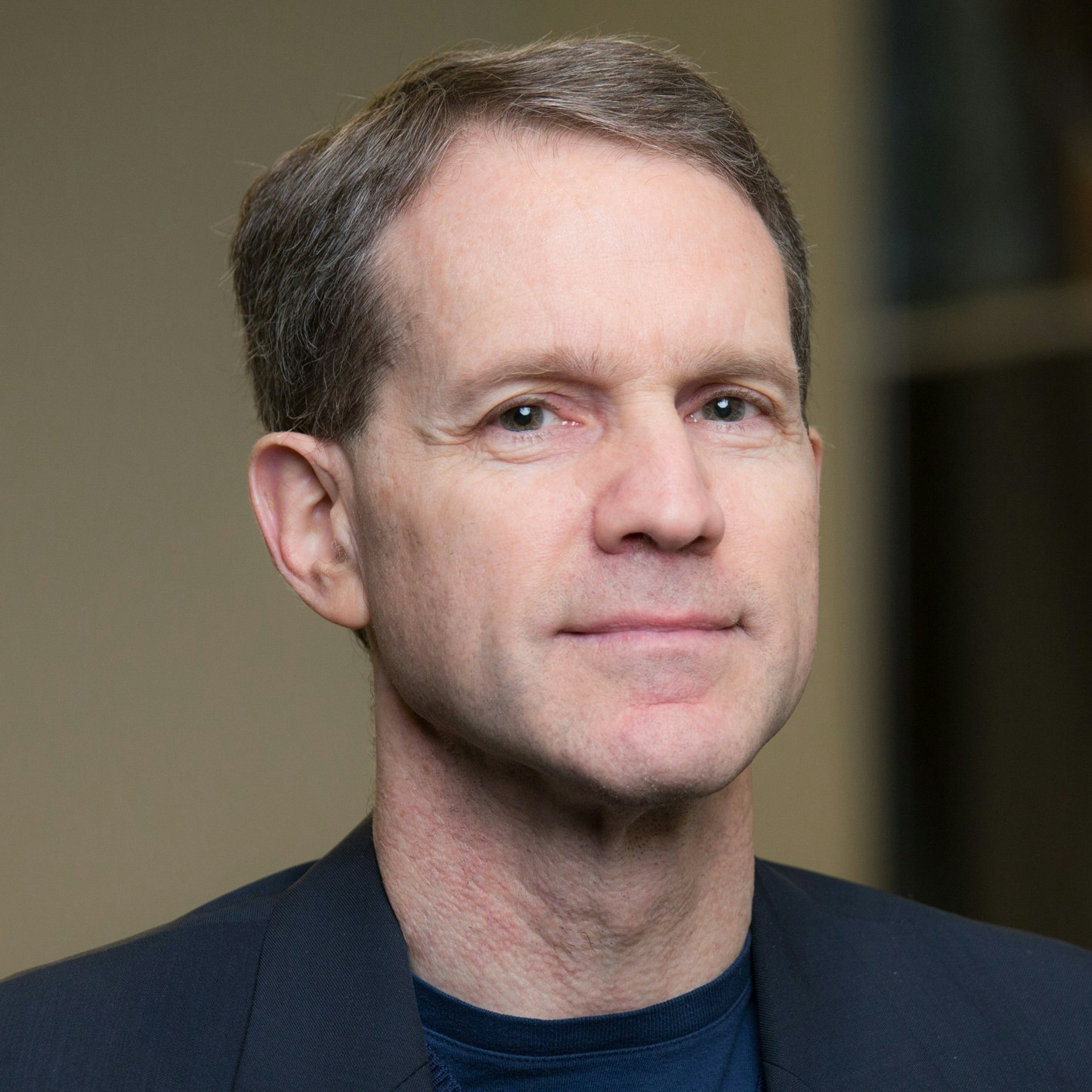Justice in Cambodia
By James Goldston
The following opinion piece appeared in the August 2, 2004 issue of the International Herald Tribune. James A. Goldston is executive director of OSI's Open Society Justice Initiative.
NEW YORK—The formation of a new government in Cambodia on July 15 opens the way for the surviving leaders of the Khmer Rouge to be tried for one of the 20th century's worst crimes.
During four years in the 1970s, close to 2 million people—a quarter of the population—died from torture, execution, starvation and disease. Since then, the United Nations established international tribunals to address genocide in the Balkans and Rwanda. But Cambodia has had no real trial, no truth commission, no official acknowledgment. As a result, the anguish and sorrow of those who survived the Khmer Rouge regime—almost all of whom lost loved ones—remain un-redressed.
A year ago, the UN and the Cambodian government agreed to establish the "Extraordinary Chambers" composed of Cambodian and international prosecutors and judges to investigate and try the "senior leaders" and "those who were most responsible for crimes" under Khmer Rouge rule. A political stalemate for the past year has delayed progress in setting up the court. Last week, Prime Minister Hun Sen pledged swift action to ratify the UN agreement.
But will the new court render justice? Much will depend on choices made in the next few months by international donors, the United Nations and Cambodia's government. Four major hurdles must be overcome.
First is cost. The current estimate—$60 million over three years—has shocked donor governments. But this price tag compares favorably with the Special Court in Sierra Leone (more than $70 million over three years) and the $100 million annual cost of the international courts for Rwanda and Yugoslavia.
Cambodian authorities can help by curbing the temptation to pad bills and inflate salaries. Inevitably, however, outsiders will bear the lion's share of the budget. If the Khmer Rouge trials are to come to fruition, donors must see them as a prudent investment toward a stable and productive Cambodia.
Second is the concern that some in Cambodia's government—which includes officials who served under the Khmer Rouge—will hijack the trials for political ends. Cambodia's will be the first internationalized court in which domestic judges constitute a majority. This poses a particular challenge in a country whose lawyers were among the targets of genocidal violence, where few sitting judges possess formal legal training and which has little tradition of judicial independence. In order to ensure a credible process, Cambodia and the UN must select judges of the highest caliber, not those that toe the party line. Prosecutors must follow the evidence wherever it leads. And the UN must make clear that it will halt the tribunal if it falls short of international standards.
Third is the danger that the Extraordinary Chambers will be a one-off, rather than the beginning of a long-term search for accountability and reform of Cambodia's legal system. Given time and resource constraints, it is unlikely that more than a dozen defendants will be tried. But thousands took part in the violence. Done properly, these proceedings could spark lasting changes in Cambodia's ordinary courts. By showcasing positive models of judging and lawyering, the trials may stimulate public demand for fair and effective trials in other cases. Cambodia's government and international donors should respond to this demand by launching reform programs that extend beyond the life of the Extraordinary Chambers.
The last and greatest challenge is time. Pol Pot died in 1998. "Brother Number Two" Nuon Chea and the former head of state, Khieu Samphan, who live freely in Cambodia, are aging. It has taken a quarter century of difficult negotiation to reach this point. Any further delay might doom the new court.
With sufficient funding and a determination not to compromise on quality, the Extraordinary Chambers can provide an example of law serving justice in a country that has seen far too little of either.
Copyright © 2004 by the International Herald Tribune (IHT). Reprinted with permission.

James A. Goldston is the executive director of the Open Society Justice Initiative.